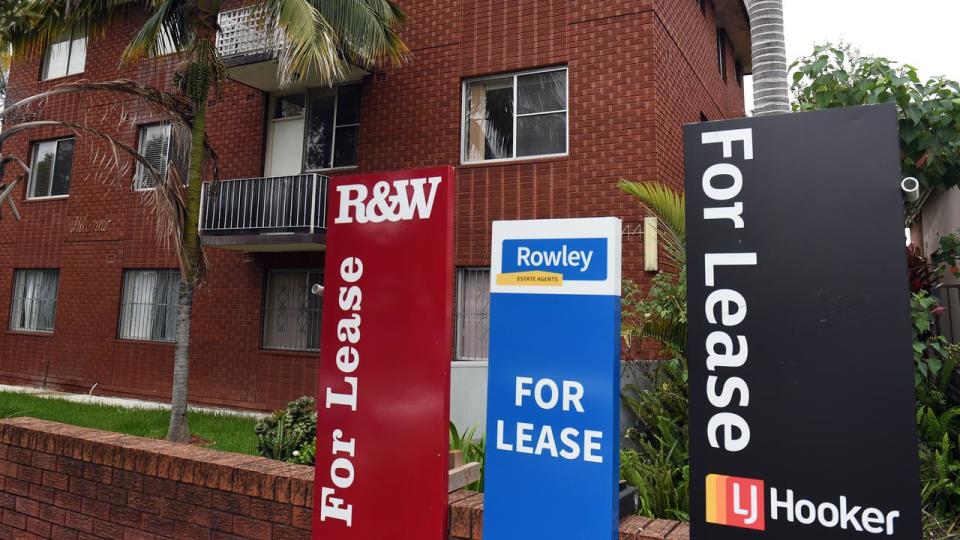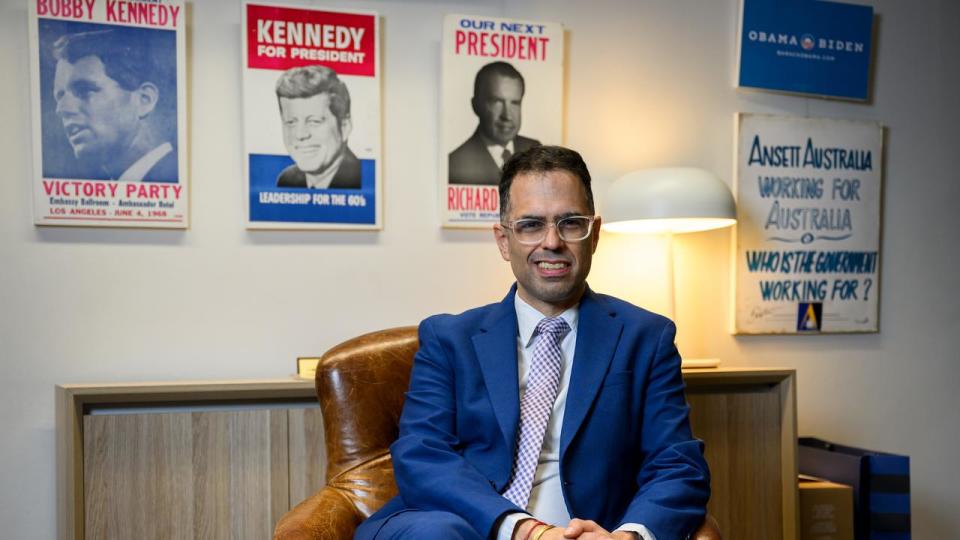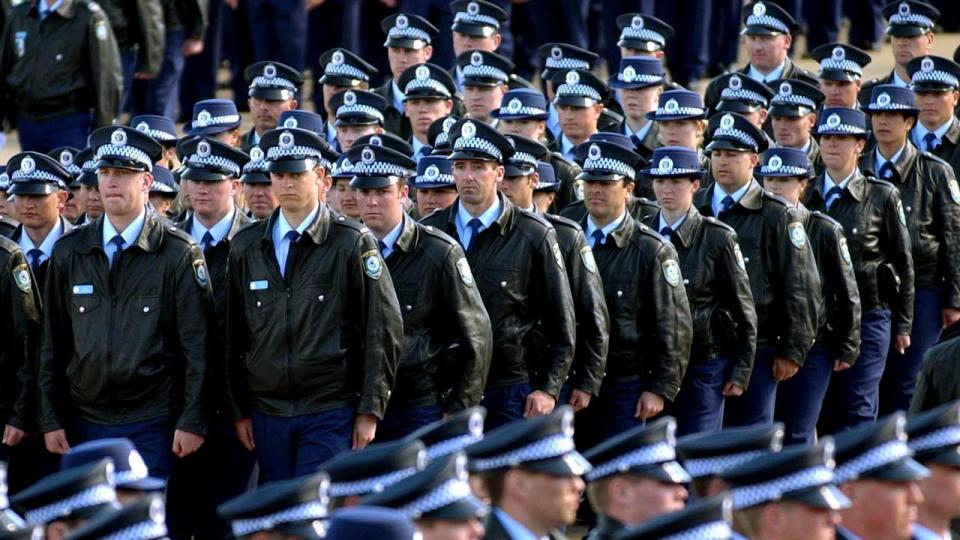Renters could be hit in $1.5b 'sneaky' budget tax hike
Renters could cop the brunt of a $1.5 billion tax change aimed at landlords and holiday-home owners as the NSW government tries to funnel funds into houses for essential workers.
Described by critics as a "tax grab by stealth", NSW will stop annually lifting the point at which land tax kicks in for property owners and businesses following Tuesday's budget.
While owner-occupiers are unaffected, the "sneaky" tax change would lead landlords to hike rents or sell properties, exacerbating the rental crisis, the Real Estate Institute of NSW said.

The warning comes amid a severe shortage of available properties, fuelled by an undersupply of new homes and steady population growth.
"The property market for owner-occupiers and tenants is in a difficult place as it is," chief executive Tim McKibbin told AAP on Monday.
"Initiatives like putting additional tax on landlords isn't going to make the plight of first-home buyers and tenants any better.
"In fact, it will make it worse."
The tax-free threshold has doubled since 2017, topping out at $1.075 million this year.
About $1.5 billion is expected to be raised over four years from the measure, announced ahead of the state budget.
Treasurer Daniel Mookhey said the modest change to freeze the threshold aligned NSW with most other states.
"Other states apply land tax at a higher rate to a broader group of investors - yet they are building homes faster while their rent growth is slower," he said in a statement on Monday.
Every dollar raised would be ploughed back into addressing the housing crisis, the government said.

Measures to be unveiled in the budget include $650 million to provide housing for essential workers in Sydney and regional areas.
But Property Council NSW executive director Katie Stevenson described the land tax increase as a "stealth tax" that would drive investors out of the market and potentially lead to higher rents for businesses and residents.
Opposition Leader Mark Speakman said pushing up taxes on local property owners was the "last thing" a government should do in a housing and cost-of-living crisis.
However, the peak body for renters has backed the changes, noting fewer than 20 per cent of landlords currently paid land tax.
"We are not concerned about this reform having a negative impact on renters," Tenants Union of NSW chief executive Leo Patterson Ross said.
"The $1.5 billion collected should be directed towards addressing the housing crisis through increased supply of public and community housing.
"This could include purchases of existing homes from investors struggling to make mortgage or tax payments."
The drip-feeding of details from Mr Mookhey's second state budget continued on Monday with $200 million set aside to accommodate health workers in the regions.
The initiative will target a 500-worker boost for under-pressure areas including Lismore, Tweed Heads and the far south coast.
The purchase of 120 regional dwellings adds to a previously announced $450 million spend on 400 Sydney apartments for essential workers.

Health investments must be matched with housing to ensure staffing requirements could be met, the treasurer said.
"Rents are really prohibitive and it's driving out our central workers from many of the hospitals and police stations or schools in which they work," Mr Mookhey said.
Housing will be one of the most closely watched areas of spending as a dire shortage of properties leads to predictions of Sydney becoming a city with no grandchildren.
The budget is expected to be pushed into deficit in 2024/25 courtesy of a major revision of the annual GST carve-up, destroying initial forecasts for a surplus.

 Yahoo Finance
Yahoo Finance 